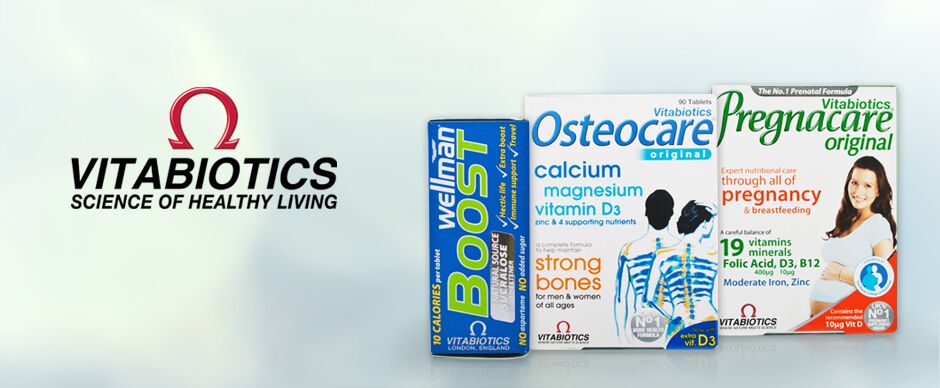
Vitamin C
What are the benefits?
Vitamin C is an antioxidant vitamin, which helps to neutralise the effects of free radicals. Free radicals are the by-products of chemical reactions that take place in the body. They cause damage by interacting with cell membranes, proteins and cell DNA. Vitamin C and other antioxidants play a very important role by helping to prevent damage caused by free radicals. Vitamin C is also needed for collagen, a protein, which gives skin, its ability to stretch. Collagen has other important structural roles in the body too, including the healing of skin wounds and tissue growth and repair in bones, teeth, gums and small blood vessels. Vitamin C aids in the absorption of iron and may play a key role in maintaining a strong immune system.
What are the natural food sources?
Vitamin C is found in nearly all fruit and vegetables, but is destroyed by cooking so fruit and vegetables need to be eaten raw. Good sources of vitamin C include oranges or orange juice, citrus fruits, berries, green vegetables, peaches, apples, bananas, and tomatoes.
How much do you need?
The recommended daily allowance of vitamin C to prevent deficiency is 60 mg. Because vitamin C is a water-soluble vitamin, any excess is excreted by the body making it safe to take at relatively high doses. A long term intakes of up to 2000 mg daily is not considered harmful.
Are you likely to be deficient?
As the body cannot manufacture vitamin C it must be obtained through diet. Scurvy is a rare disease caused by vitamin C deficiency, which is characterised by poor wound healing, soft, spongy gums, oedema, extreme weakness and pinpoint haemorrhages under the skin. The more common signs of lesser degrees of deficiency are bleeding gums when brushing, increased susceptibility to infection (especially colds), bronchial infections, joint pains, lack of energy, poor digestion, prolonged healing time and tooth loss. Stress can increase the need for vitamin C.
Are you taking too much?
Pregnant women should not take more than 500 mg of vitamin C daily as it may lead to the child developing a dependency on the supplement and subsequent vitamin C deficiency when the child is deprived of the accustomed large doses. Taking high doses of vitamin C may cause a 0 negative reading in tests for blood in the stool.
Are there any interactions?
Vitamin C may interact with some medicines. Stress, alcohol, analgesics, antidepressants, anticoagulants, oral contraceptives and steroids may also reduce the levels of vitamin C in the body. Smoking may seriously deplete vitamin C.
Vitamin C can be found in the following products:
Cardioace 30 Capsules, Cosmopolitan 30 Capsules, Detoxil 30 Tablets, Feroglobin Liquid 200 ml, Omega-H3 30 Capsules, Goldcare 30 Capsules, Jointace Fizz 20 Tablets, Immunace 30 Capsules, Jointace 30 Capsules, Menopace 30 Tablets, Menopace 90 Tablets, Multiron 30 capsules, Perfectil 30 Tablets, Pregnacare 30 Tablets, Pregnacare Cream 100 ml, Premence 30 Capsules, Visionace 30 Tablets, Wellman 30 Tablets, Wellwoman 30 Capsules.
The levels of vitamins and minerals contained within all Vitabiotics products are within the safe levels published by the Health Food Manufacturers Association and elsewhere. Note - this material is provided for information purposes only. While Vitabiotics has taken steps to ensure it is as factual as possible, we cannot provide any guarantee on the reliability of all information contained herein or the reliability of facts obtained from other information sources.

